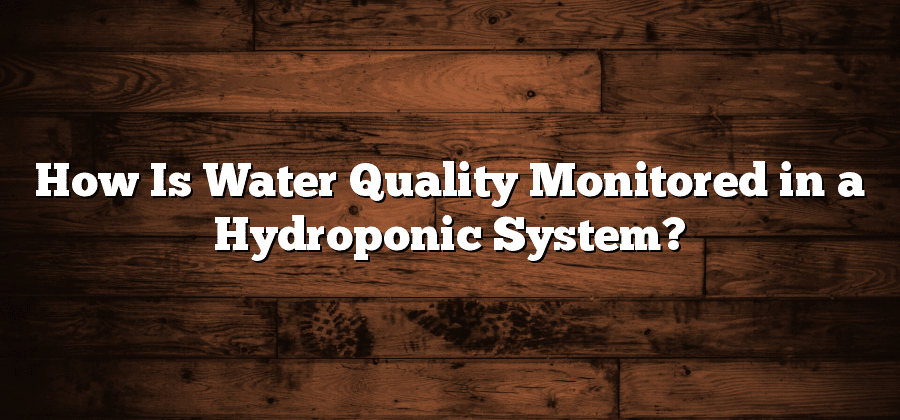Water Quality Testing in Hydroponics Systems
Hydroponics systems have gained popularity as an efficient method of growing plants without soil. In these systems, water quality plays a crucial role in plant health and growth. Therefore, regular water quality testing is essential to ensure optimal conditions for the plants.
One important parameter to measure in hydroponics systems is pH. The pH level of the nutrient solution should be carefully maintained within the recommended range for specific plants. Deviations from the ideal pH can affect nutrient uptake and lead to various issues such as nutrient deficiency or toxicity. Monitoring and adjusting the pH of the water is crucial to create a suitable environment for the plants to thrive.
Another crucial factor to consider is the electrical conductivity (EC) of the water. EC is a measurement of the concentration of dissolved salts in the solution. It helps determine the nutrient concentration and how well plants are receiving essential elements. Regularly monitoring EC levels allows growers to adjust nutrient solutions accordingly, ensuring that plants receive the optimal nutrient balance for healthy growth.
Apart from pH and EC, other water quality parameters to test include temperature, dissolved oxygen levels, and the presence of harmful contaminants such as heavy metals or pathogens. By conducting regular water quality testing in hydroponics systems, growers can identify any potential issues early on and take necessary corrective measures to promote healthy plant growth.






